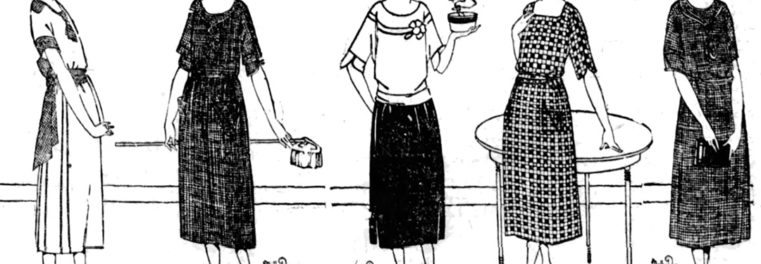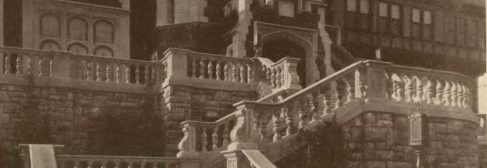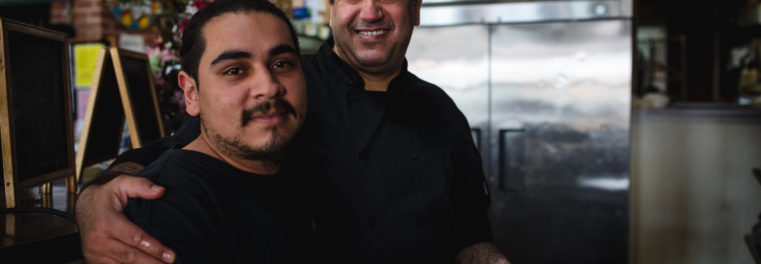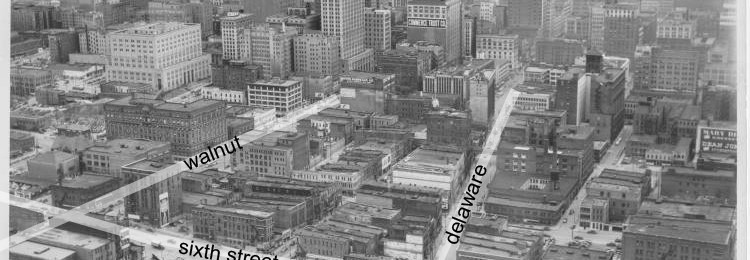Sometimes, There’s a Restaurant: The Farmhouse
Farm-to-table, tip-to-tail ingredients & entrees, upscale comfort food, vegan & vegetarian options
“Sometimes, there’s a man,” Sam Elliot’s gravely voice narrates in The Big Lebowski, “. . . he’s the man for his time and place. He fits right in there.” That stately representation of 90s slacker ‘The Dude’ might cull up ideas of White Russians and bowling balls, but it also applies to The Farmhouse—a farm-to-table restaurant in the historic Rivermarket area, just south of the muddy Missouri River in downtown Kansas City, Mo. You see, sometimes, there’s a restaurant. A restaurant designed for its time and place. A restaurant so integral to its neighborhood that it reflects and informs the best characteristics of that neighborhood. Sometimes, there’s a restaurant, and The Farmhouse at 300 Delaware St., is that restaurant.
Chef and owner, Michael Foust, employs a farm-to-table, tip-to-tail concept at The Farmhouse, which cuts out middleman meat and produce sellers, leaving no gap between chef and farmer. On the back of every menu, Foust thanks the local growers he buys from. The farm-to-table concept reflects the importance of the neighborhood’s City Market, both presently and historically. Local farmers have been selling produce at the City Market since 1857, when the Town of Kansas city council leased part of a public square to the Schiebel Brothers for $50 and allowed them to raise a market building. A public market has existed at the site ever since, and continues to be one of the largest farmers markets in the United States. Foust’s talents and concept could work anywhere, but the River Market is his perfect bride.
Foust and his Farmhouse staff make almost all food in-house, including corn beef and pastrami brined and cured in The Farmhouse kitchen. The pastrami sandwich, unlike most pastrami cuts, contains thick ribbons of fat coursing through the meat, offering a taste normally forgotten. Provolone and remoulade combine with sherry-braised sauerkraut for a sandwich experience that rivals any in Kansas City. Windhaven Farms helps Foust select the pigs, which are butchered in-house. The tip-to-tail concept leads to unusual pork dishes such as pork confit, pig ears, brussel sprouts sautéed in pork fat, and an ice cream created from braising pork belly with whiskey and apples then adding bits of house-cured bacon to vanilla ice cream. But don’t get the idea that the Farmhouse only has love for carnivores.
The Farmhouse kitchen staff will make off-menu dishes for any dietary restriction known to (wo)man, but it is best to let the kitchen know ahead of time when you make a reservation. The menu always features at least one vegan option and several vegetarian dishes. The restaurant will hold specialty dinners catered to exploring different culinary diets and restrictions. They plan to start with a six-course vegan dinner. For specialty dinner dates and times “like” them on Facebook or frequently check The Farmhouse’s web site.
At The Farmhouse you’ll find that good ole farm ethic of ‘do-it-yourself’. The cooking and preparation processes take longer at The Farmhouse, but the end result is worth it. And not just for the food. The drink menu benefits from the same farm-to-table, in-house preparation. The Farmhouse Gin & Tonic will destroy any previous notion you have about that delicious mixture originally created by British officers during the height of imperialism. The gin, Broker’s Premium London Dry Gin, blends with house made tonic, house made lime cordial, and fizz. The bartender makes the tonic shrub with grains of paradise, coriander, Jesuit bark, and seven other spices not easy to pry out of the staff. The whole mixture is run through a soda stream machine, producing fizz and carbonation for the tonic. When complete, the blend is poured into a small soda glass and capped, creating BrewPops™, a Farmhouse specialty.
The interior of the Farmhouse recalls a visit to your kooky aunt—the one who has a penchant for creative flair and a love for the aged mismatched furniture she’d inherited, along with the farm. A hodgepodge of art covers the walls, ranging from oil paintings of Modigliani stretched figures sharing wine to artful black and whites of animals. The building itself dates back to 1869, making it one of the oldest in the district. In the early 1880s it housed the J.P. Townley Metal Company. After that it became the first home for the Kansas City Distillery Company. The building remains a good example of Italianate design; the four-story beauty features semi-circular arched windows with cast iron hood molds and sills. The Farmhouse design has maintained that River Market feel of brick and mortar, but infused it with upscale American comfort food, leaving you feeling like you are exactly where you want to be.











